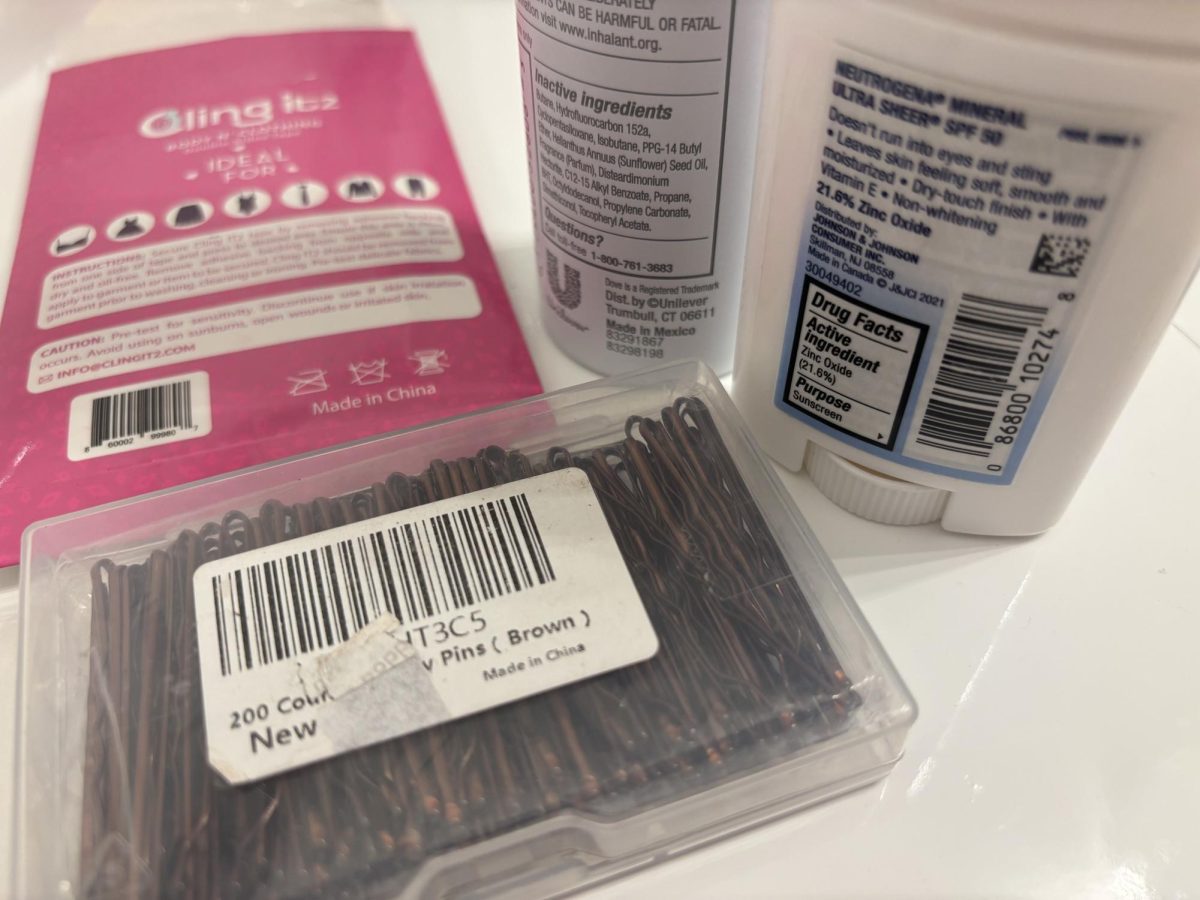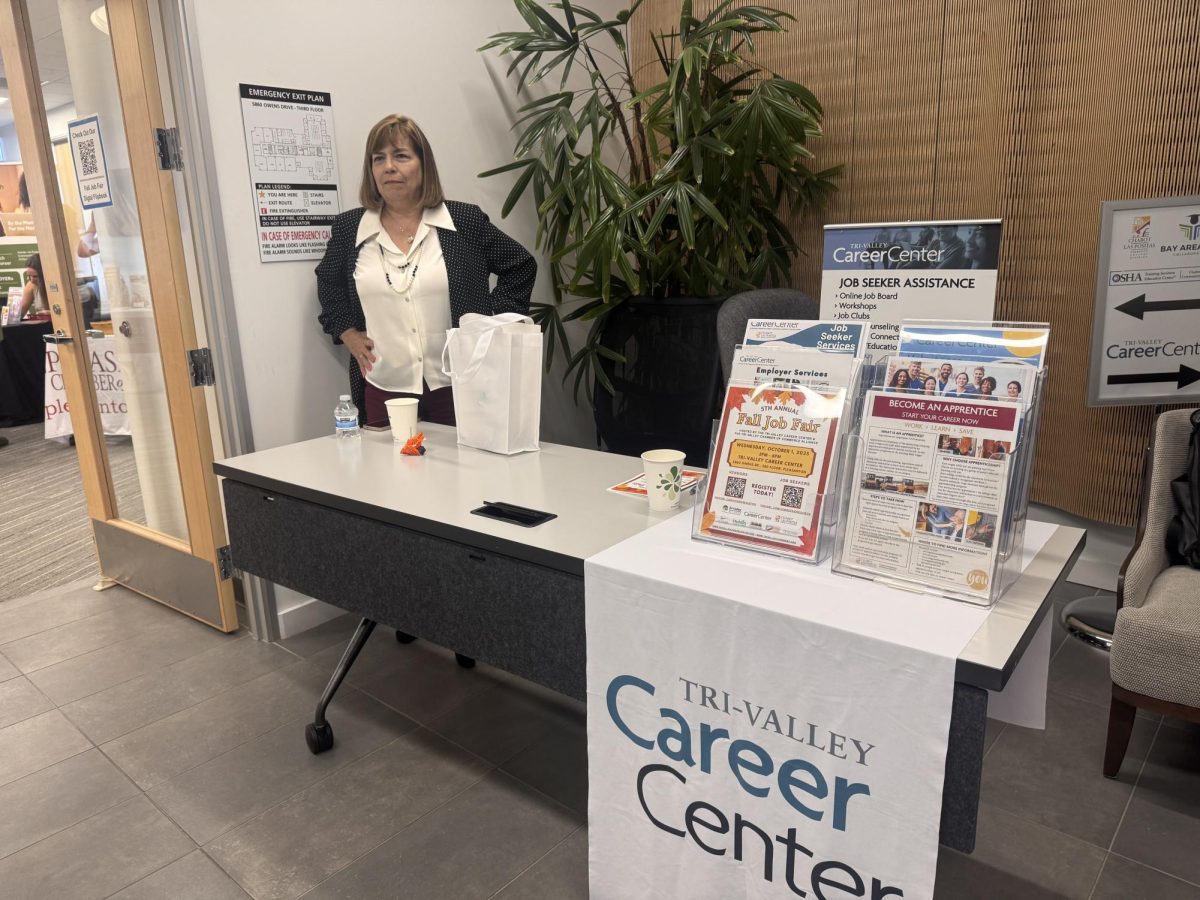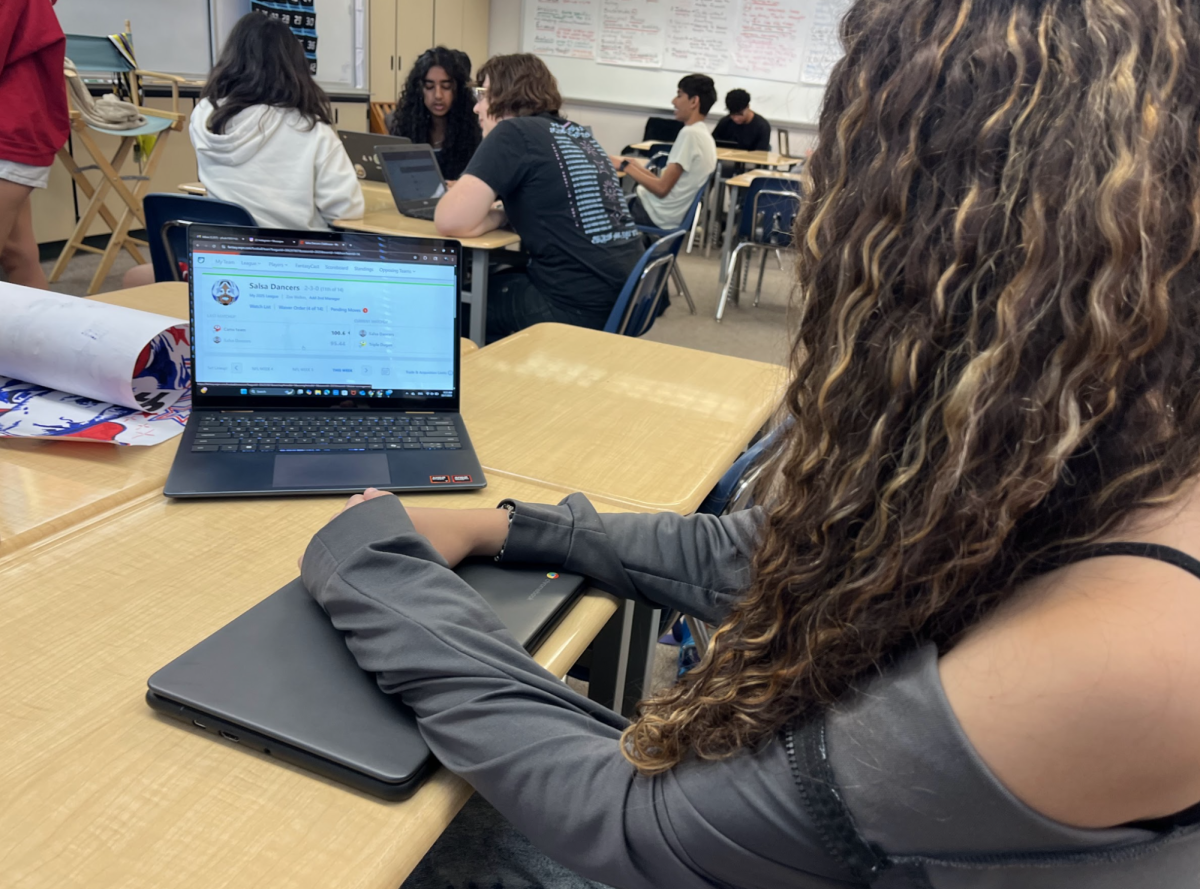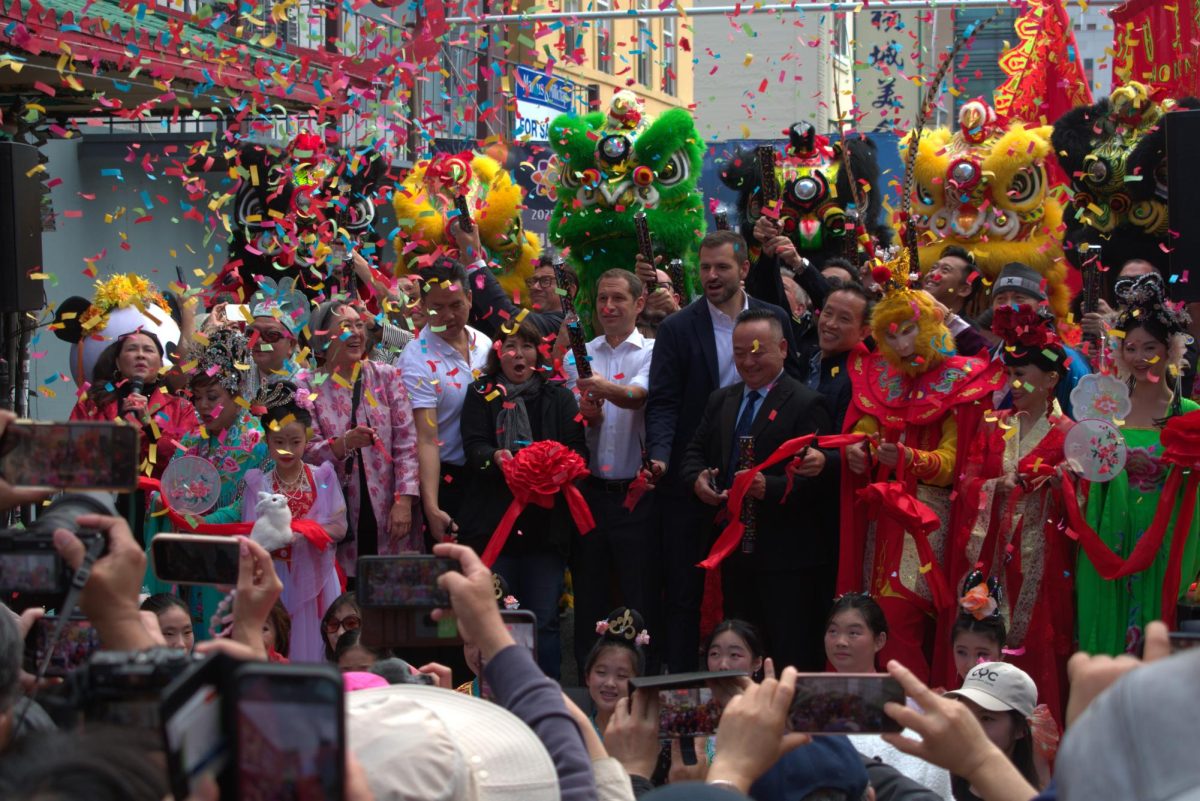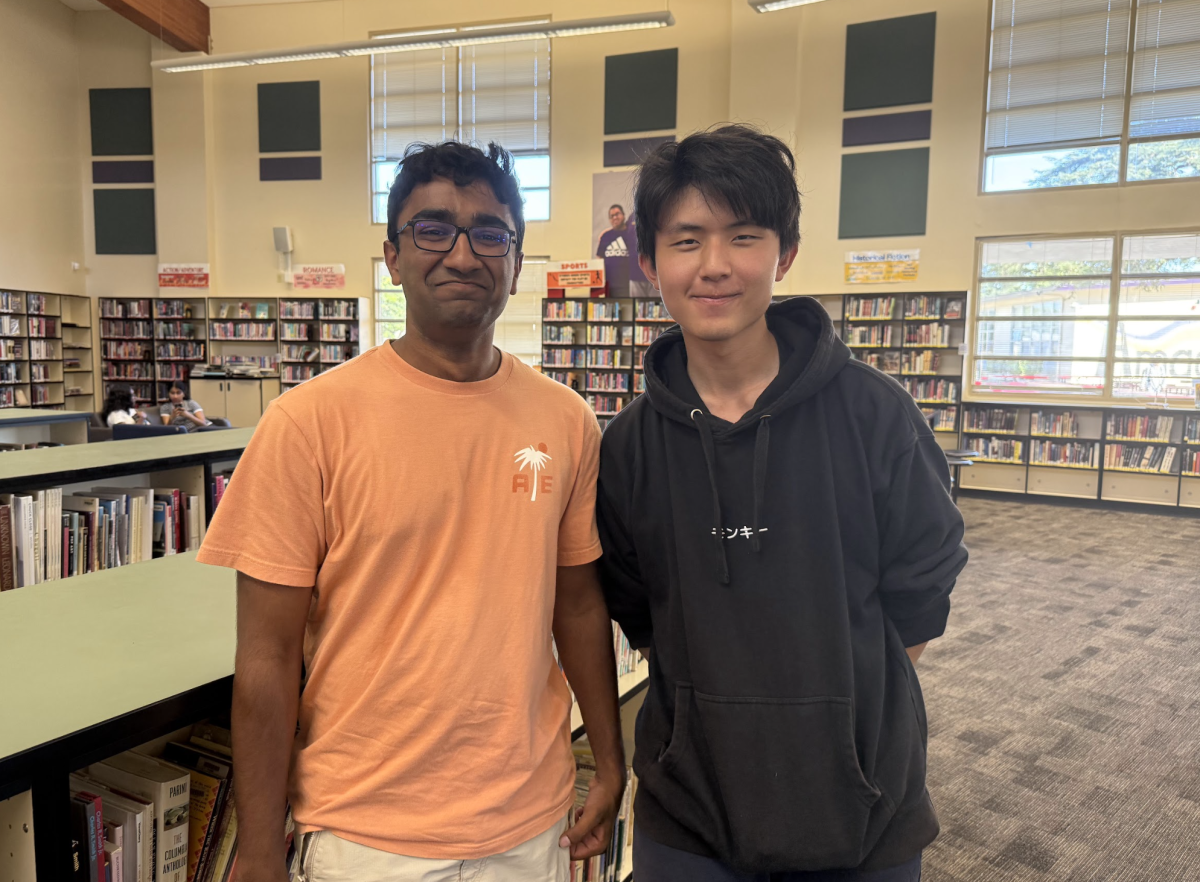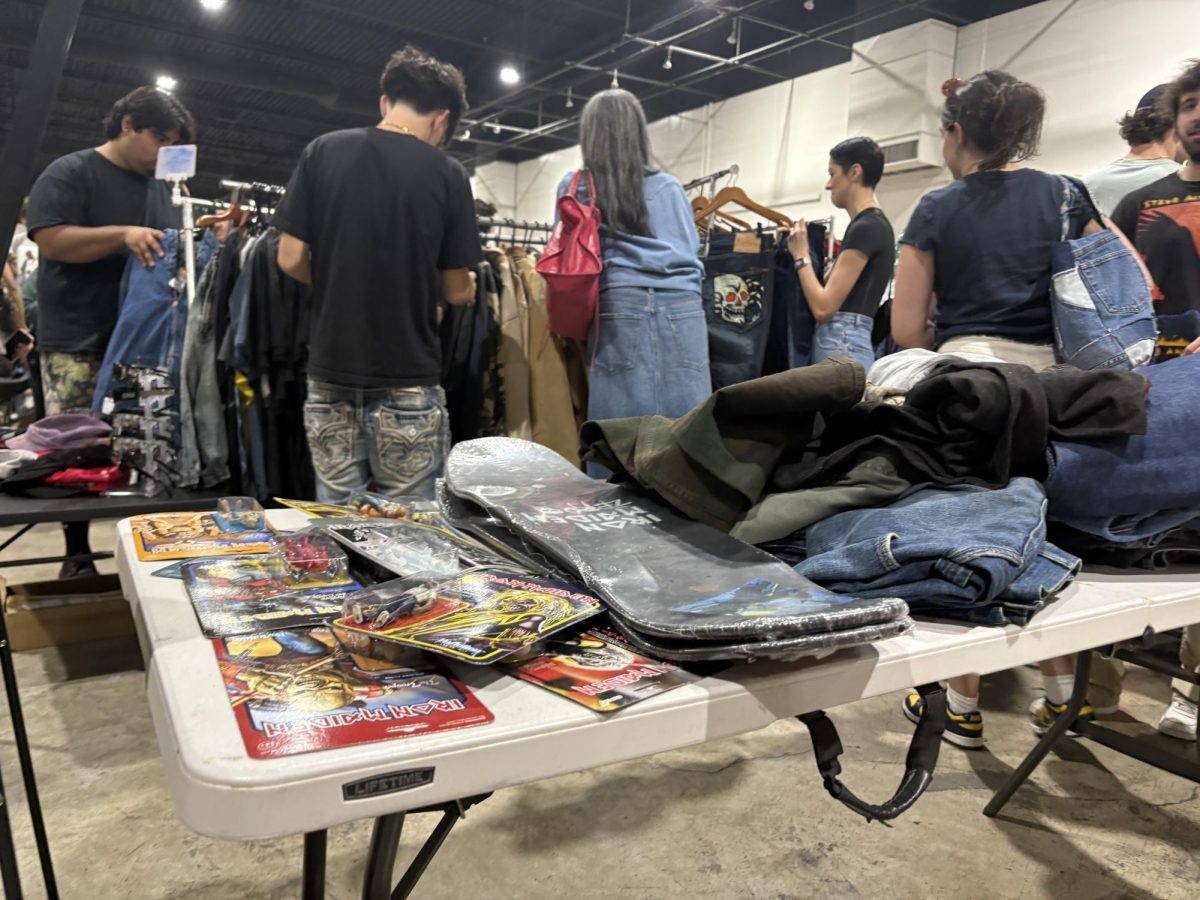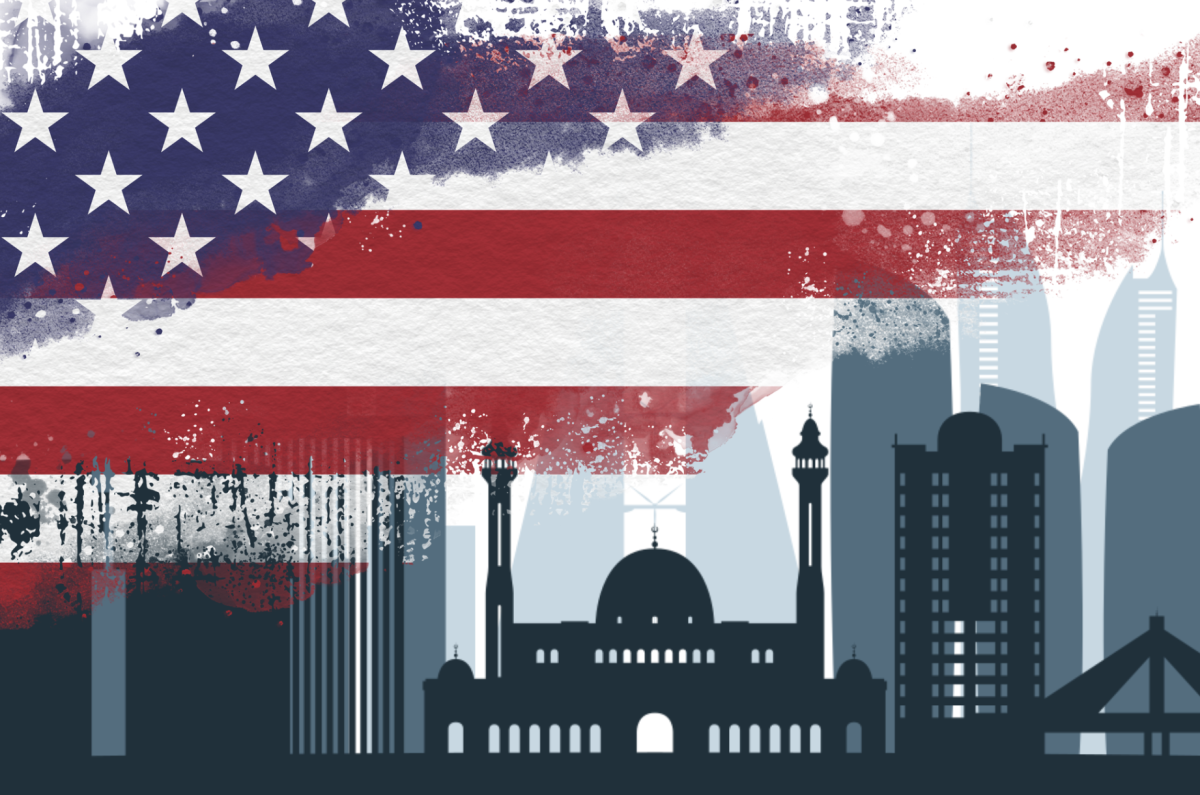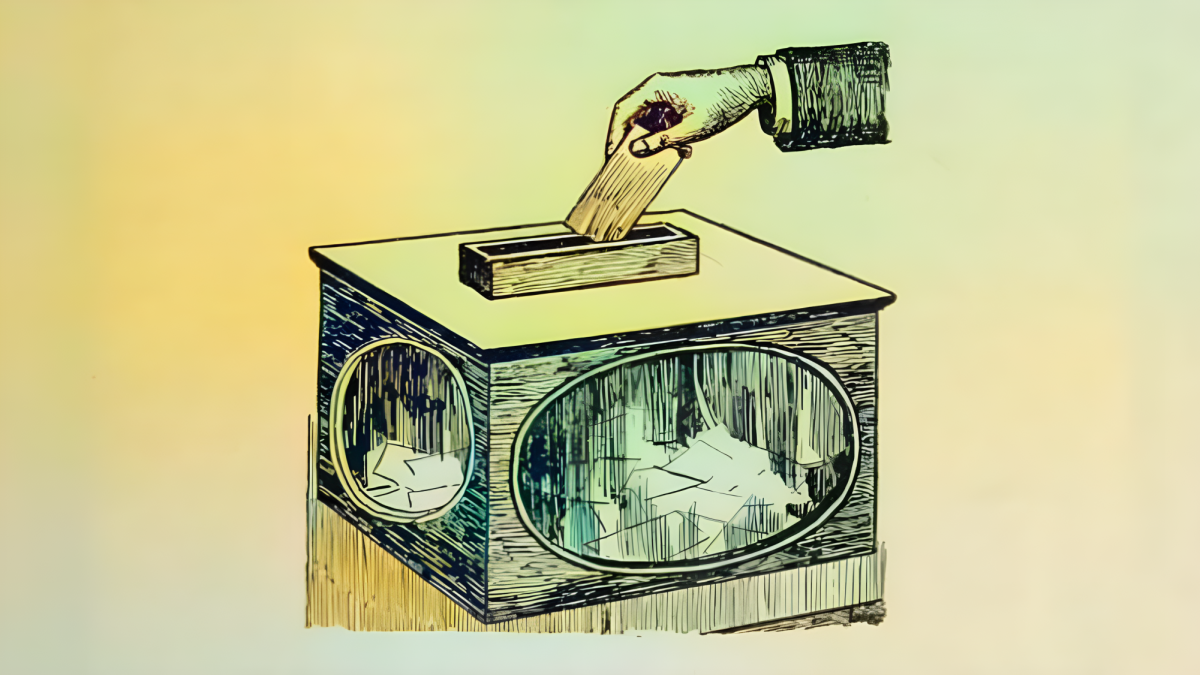Tariffs have been an element of the U.S. economy since its founding in 1789. Tariffs, or taxes on imported goods, are most commonly used to boost domestic industries and protect them from foreign competition.
“I think tariffs tend to be more negative in the grand scheme of things. While they can be an important political tool, they can cause some economic roadblocks,” said AP Macro teacher Samuel Weaver.
Usage of Tariffs
Tariffs are used to restrict imports by increasing the price of goods and services purchased from a foreign country. These tax measures make foreign imports more expensive and less attractive to consumers, propelling them to turn to domestic producers. While they can protect and aid domestic industries, tariffs may harm America’s relations with other countries.
“If anything, [tariffs are] probably going to cause a little bit more strain between [the U.S.] and other countries. While we are the largest economy in the world and we can easily influence other nations, that sense of centralized power isn’t as prevalent as it used to be because it is a delicate balance between our economy and China’s. China’s [economy] is only as strong as ours is, and vice versa,” said Weaver.
New Tariff Policies
New tariff and foreign market policies are expected to be put into place under the new president-elect. Donald Trump promises an increase of 10 percent tariffs on China and 25 percent tariffs on Mexico and Canada as part of his first executive orders.
“When you go to your grocery stores in a couple of years, once the president-elect puts his tariff plans into place, you’re going to find that goods are going to be more expensive because other countries are going to place their own taxes as a response to the tariffs that are already being put on foreign goods,” said Amber Wong (‘27).
Positive and Negative Effects
Tariffs negatively affect consumers in an indirect way, forcing buyers to increase prices on goods with taxed imports. However, not all the effects are negative. Tariffs can aid underrepresented industries and countries and give them more support.
“The media says it pretty well that things are going to get more expensive and I believe that’s true. But at the same time, there could be some good out of it where people will start investing in countries that typically have a smaller supply chain for print. I think things are going to be way more expensive but it might open up a lot more opportunities,” said International Trade Consultant Carrie Huang.

